
PRODUCTS
18-05-2020 di redazione

In Kenya they call it the fruit that protects, but the properties of papaya are many and not only limited to its emollient and anti-burning properties on the body, or to the digestive, purifying and laxative ones if you taste it particularly in the morning.
The papaya (or papaya) comes from a plant native to South America but now widely spread also in Africa of the caricaceae family.
The fruits have a delicate texture and an oblong shape and can be green, yellow, orange or pink.
They can weigh up to 9 kg. The size of the fruit decreases with the age of the plant. The flavour can vary from that of melon to apricot, in the case of the prized red papaya.
As well as being a highly vitaminic fruit (it contains mainly vitamins A and C), papaya is also a mine of fibre and precious minerals, including potassium content, draining and anti-asthenia functions.
Finally, thanks to the presence of numerous antioxidants and papain,
its enzyme "prince", papaya has an important anti-inflammatory action.
It has excellent nutritional and functional properties. To characterize the fruit and the pulp are the content of vitamins (vitamin C, vitamin E, vitamin A precursors), fiber and other enzymes particularly effective with a powerful adjuvant action of digestion (it is administered as a substitute for gastric juices to those who suffer from a lack of effectiveness of the latter). Papain in fact helps to digest proteins (especially meat proteins) "breaking them down" and facilitating the work of the stomach, liver and intestine.
Thanks to its nutritional qualities, papaya also helps to lighten the work of the liver and facilitate intestinal transit. It is no coincidence that papaya is one of the fruits suitable also for those suffering from gastritis or difficult digestion.
The advice is to eat the fruit before the meal to introduce the enzymes necessary for subsequent digestion. At intestinal level, the papaya also acts as a "cleaner" because it is able to prevent possible bacterial proliferation. It is therefore very useful after periods of excessive eating and after eating very fatty and messy meals. The pleasantness of the papaya pulp is suitable for the preparation of low-alcohol drinks and cocktails in which the sweetness and delicate fragrance of the fruit can be found.
The papaya is not only a delicious fruit to taste, but it also has strong properties beneficial for our health. Sweet and soft as butter, it is composed mainly of water, but also has a good amount of carbohydrates. In addition to the already mentioned vitamins and enzymes, it is rich in folic acid, magnesium, potassium, copper, pantothenic acid and flavonoids.
Translated with www.DeepL.com/Translator (free version)
RECIPES
di redazione
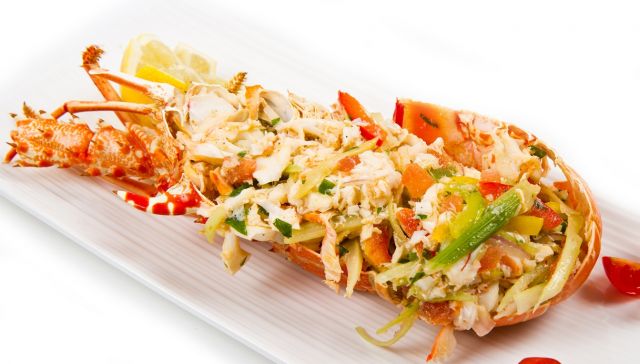
On the African shores of the Indian Ocean, combining fish with fruit is not a gamble, but a pleasant contrast.
On the other hand, if the fish fauna goes so well with lemon, why not also dare with passion fruit,...
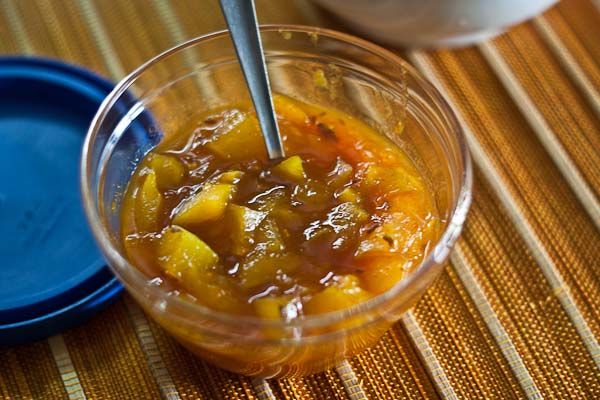
Chutney is a typical English sweet and sour sauce made with fruit or green tomatoes. It is excellent as a sauce to flavor meat and fish foods....
PRODUCTS
di redazione
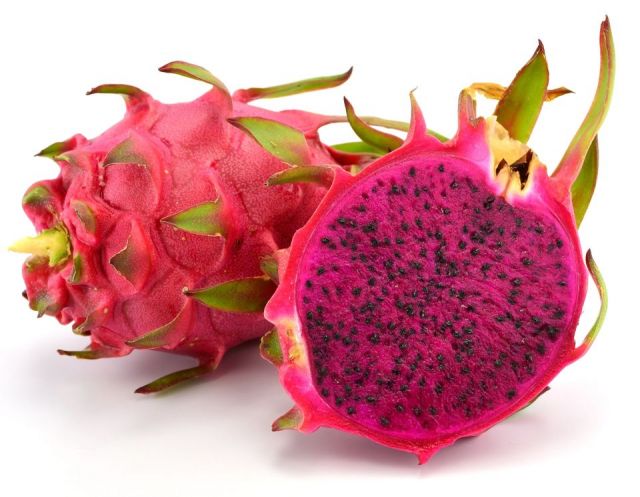
The Dragon Fruit or Pitaya is a tropical fruit belonging to the Cactacaceae family, like the prickly pear. Although it is native to Central and South America, it is now particularly common in Asia and tropical countries where the climate...
LIFE IN KENYA
di redazione

How much does it really cost to live in Malindi and Watamu without working?
How much can a pensioner or someone who has an income live on while savouring the dolce far niente?
Considering the overwhelming return of the desire...
di redazione

A Ferragosto full of life, taste, and fun in Malindi, in the splendid atmosphere of Pizza O on Silversand Beach.
RECIPES
di redazione
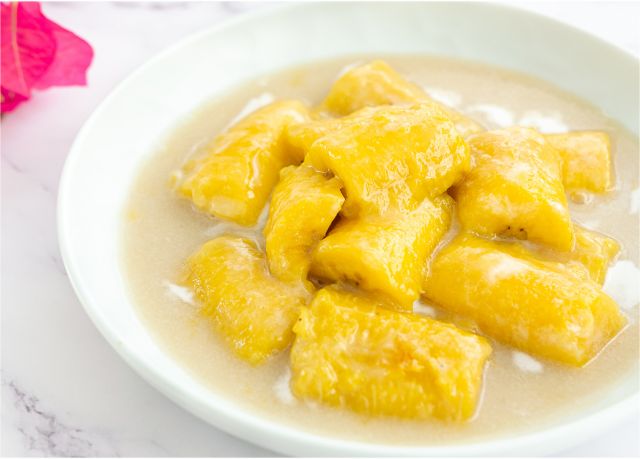
We have already talked about and proposed a classic recipe of matoke or green banana, but today we want to propose you a sweet, unpublished version: matoke in coconut cream and cardamom.
This fruit is very similar to the banana,...
RECIPES
di redazione
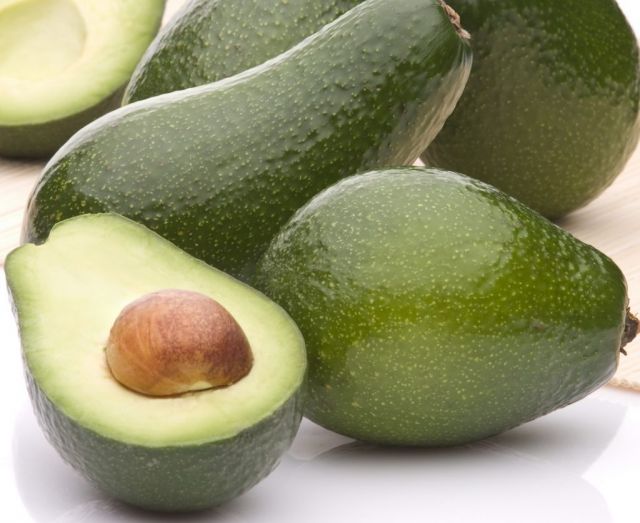
An ancient Swahili legend says that before the arrival of the Portuguese, the natives of the Kenyan coast did not eat avocado but only used oil, because they did not consider it as fruit or vegetables.
When the Portuguese decided...
PRODUCTS
di redazione
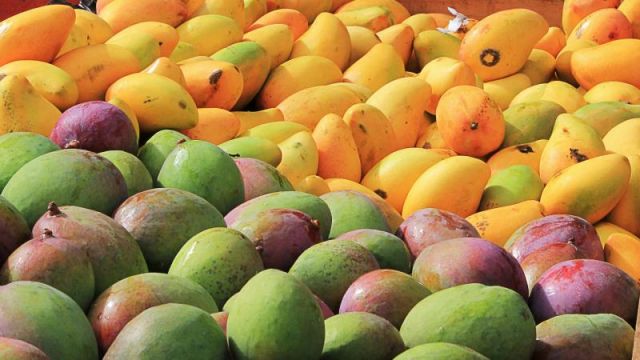
Mango ( scientific name Mangifera indica ) is a tropical plant belonging to the family of the Anacardiaceae.
Native to India, it was spread also in Africa and Latin America thanks to the Portuguese.
DREAMING KENYA
di redazione

Ma tu ci vivresti, a Watamu?
Ci hai trascorso...
PLACES
di redazione
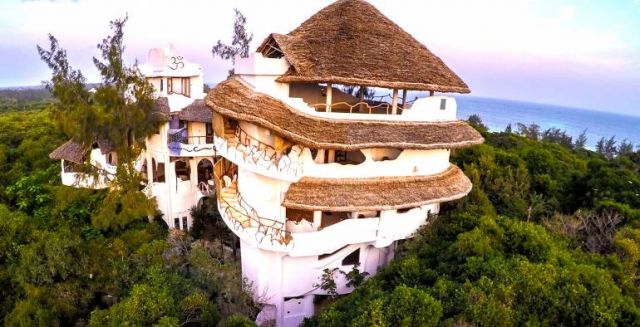
Put a magnificent structure that looks like a tower designed by Gaudi in the middle of the virgin forest of Watamu, about a hundred meters from the ocean and the white long beach between Turtle Bay and Garoda.
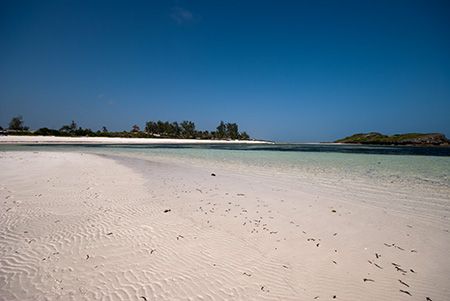
My Mal d'Afrique has a name, Watamu.
I know little about the Black Continent, I visited Tsavo National Park and Amboseli Reserve, watched the Victoria Falls in Zambia and I volunteered for two weeks in Uganda.
PRODUCTS
di redazione

Kenya is increasingly the ideal environment for tamarind, present on the Swahili coast since it was brought and planted from India a thousand years ago.
Tamarindus Indica is a majestic, long-lived evergreen belonging to the leguminous family.
STORIES
di redazione

Many famous labels of spirits and distillates in the world hide, behind their sometimes curious names, sometimes resounding, curious legends or interesting implications related to their founders or places of production.
This is the case of Kenya's national beer, now...